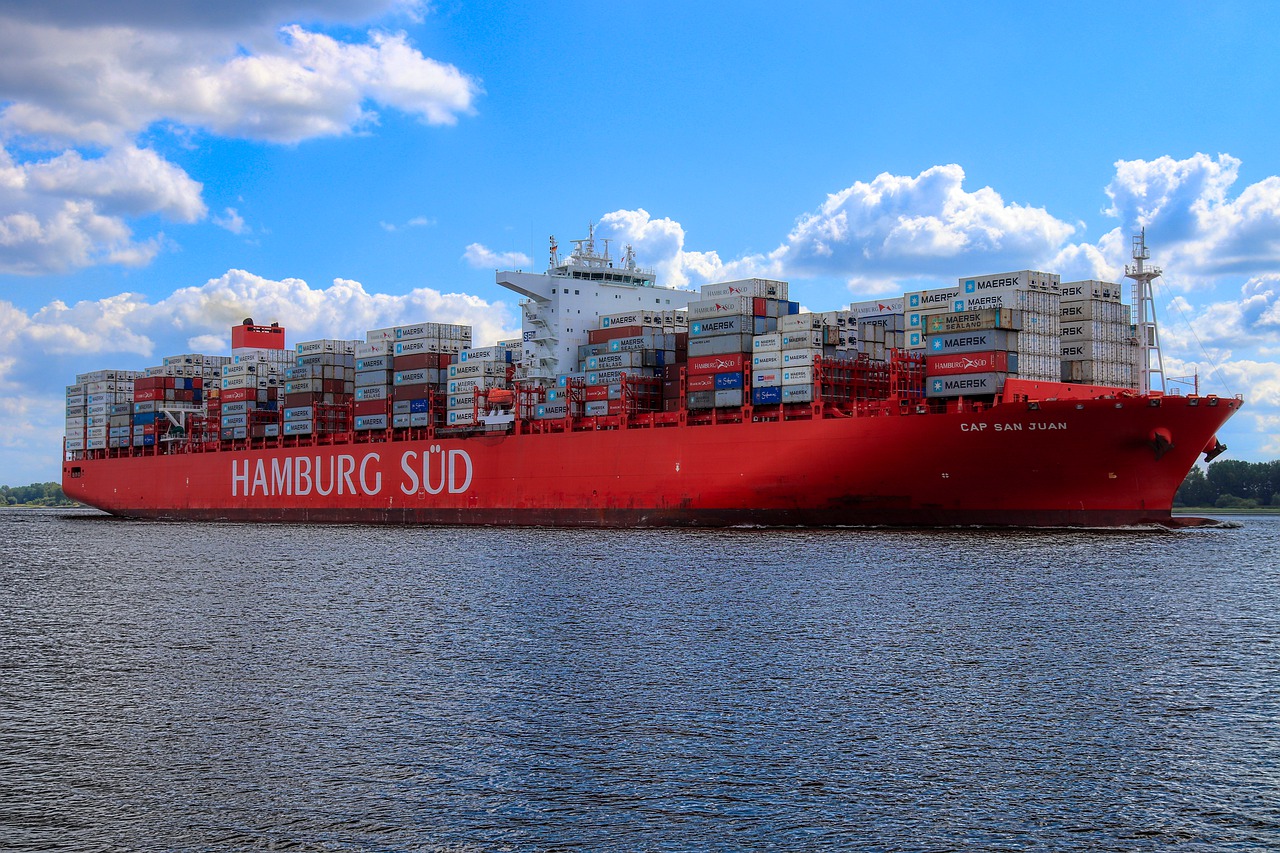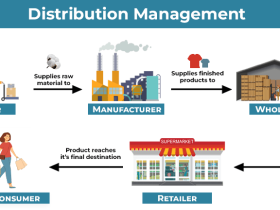
Marshall lslands’s main imported goods
The Marshall Islands, a small island nation in the Pacific Ocean, relies heavily on imports to sustain its economy and meet the needs of its population. Due to its limited land area and resources, the country depends on imported goods for food, industrial products, fuel, and other essentials. Below is an overview of the main goods imported by the Marshall Islands:
1. Fuel and Energy Products
Fuel is the most significant import for the Marshall Islands, primarily because the nation lacks natural resources to produce energy. Diesel, gasoline, and aviation fuel are critical imports used for transportation, electricity generation, and powering machinery. These energy imports are essential for the operation of ships, vehicles, and power plants, which are vital to the nation’s infrastructure and connectivity.
2. Machinery and Equipment
The country imports machinery and equipment for various purposes, including construction, communication, and maintenance of infrastructure. This category includes generators, telecommunications equipment, and industrial tools. These imports are vital to developing and maintaining essential services and facilities.
3. Food and Beverages
Since the Marshall Islands has limited arable land, it relies heavily on imported food products. These include rice, flour, canned goods, meat, poultry, and dairy products. Beverages such as soft drinks, alcoholic beverages, and bottled water are also imported to meet local demand. The reliance on imported food underscores the nation’s vulnerability to global food supply disruptions and price fluctuations.
4. Vehicles and Transportation Equipment
The country imports vehicles for personal, commercial, and public transportation. This includes cars, trucks, buses, and boats, as well as parts and accessories for maintenance. The islands’ geographic nature makes marine vessels particularly important for inter-island travel and fishing, a significant activity in the Marshall Islands.
5. Consumer Goods
Consumer goods such as clothing, footwear, household appliances, and electronics are prominent imports. These products are essential for daily life and cater to the population’s diverse needs. The growing influence of globalization has increased the demand for modern consumer goods, contributing to a higher volume of imports in this category.
6. Building Materials
Given the nation’s frequent exposure to extreme weather events like typhoons, building materials are an essential import. Items such as cement, steel, wood, and roofing materials are required for construction and repair of homes, commercial buildings, and public infrastructure.
7. Pharmaceuticals and Medical Supplies
The healthcare sector in the Marshall Islands relies on imported pharmaceuticals, medical equipment, and supplies. These imports ensure that the population has access to basic and specialized medical treatments, which the country cannot produce locally.
8. Chemicals and Fertilizers
Chemicals, including fertilizers and pesticides, are imported to support the small-scale agricultural activities on the islands. Other chemical imports include cleaning agents and industrial chemicals used in various sectors.
9. Textiles and Raw Materials
The import of textiles and raw materials is essential for meeting local manufacturing and tailoring needs. Although not a major sector, local businesses rely on these imports to produce customized clothing and other fabric-based products.
10. Electronics and Communication Devices
As the world becomes increasingly connected, the Marshall Islands imports a significant amount of electronics, including mobile phones, computers, and internet infrastructure equipment. These are essential for education, business, and personal use, helping bridge the connectivity gap in this remote nation.
Trade Partners
The main import partners of the Marshall Islands include the United States, China, Japan, and other Pacific Rim countries. The proximity of Asian markets and the historical ties with the U.S. influence the pattern and volume of imports.
In summary, the Marshall Islands’ economy heavily depends on imports to meet basic needs and support infrastructure development. With limited natural resources, the nation must maintain robust trade relationships to ensure access to fuel, food, machinery, and other essential goods. This dependency also highlights the challenges the country faces in achieving economic resilience and sustainability.






Leave a Reply